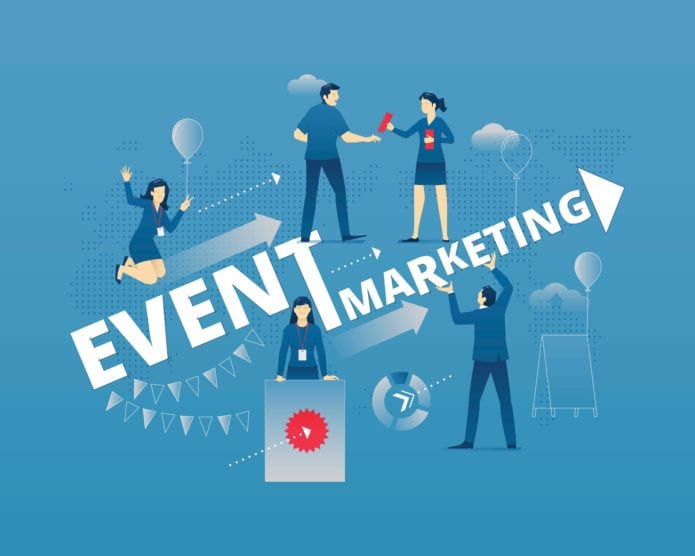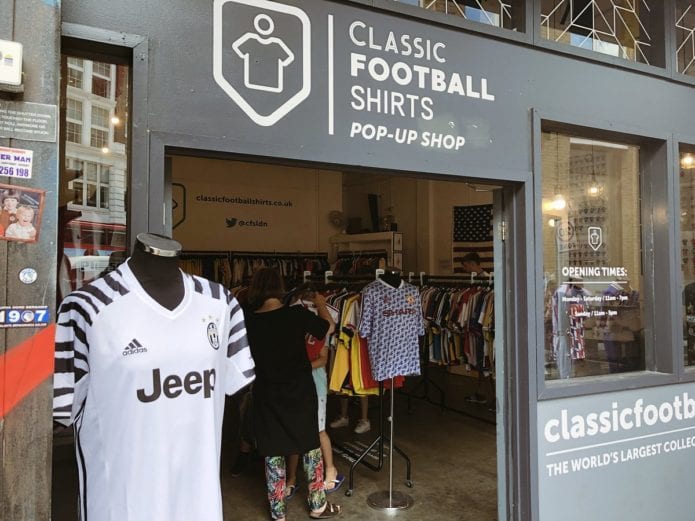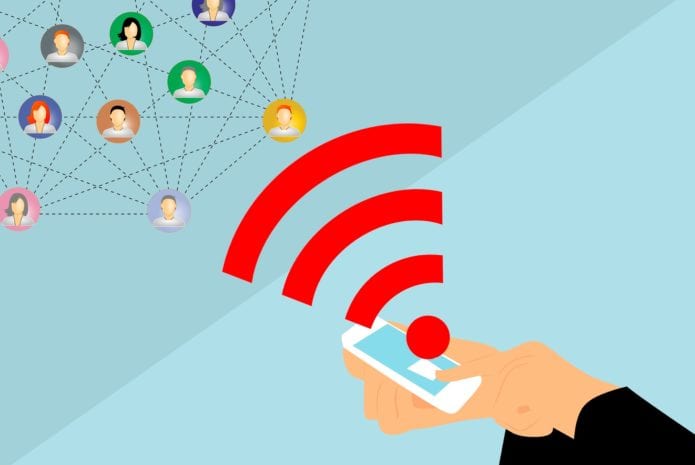
Event marketing is the promotion of a brand, product, or service through in-person interactions at an event or function. In today’s consumer empowered world, marketers need to seize every opportunity to engage with, begin a relationship with, and build the trust of prospective buyers. It can be tempting to stick to old-school marketing techniques that require the least time and money to execute, however, these tactics will not supply the sufficient brand to customer engagement that businesses need to thrive in 2019.
A marketing campaign that includes the implementation of event marketing is one that will build solid connections with prospective customers. The more potential customers a brand has reached, the higher their sales will increase.
This guide to event marketing is to break down the best practices for event promotion and event marketing coming into 2024. Whether you’re a first-timer, a host, sponsoring or presenting at an event, this guide will arm you with all of the information you need to get the most out of any marketing event. Let’s start with the basics.
What is Event Marketing?

Event marketing is the planning, coordinating and executing an event for the purpose of promoting a brand, service, or product. Events are a powerful marketing strategy that creates opportunities for face to face, company to customer interaction. They can be a purposeful way for organizations to entertain and engage attendees, existing customers, business partners, and potential customers.
Event marketing is a highly valuable strategy of all kinds of businesses – from education and technology to medicine, retail and non-profit. Events not only benefit the event hosts and sponsors but inspire, teach, intrigue, educate attendees while bringing them together to network. Melbourne event management company Polite Promotions have seen a dramatic rise in the number of businesses that are utilizing face-to-face event marketing as a way of bolstering their online marketing campaigns.
Types of Event Marketing
Event marketing can take place through a variety of events or functions. Companies can either host an event, attend as an exhibitor, or participate as a sponsor. The size of the event will largely depend on the purpose of the event and how many customers you plan on interacting with. Here are some of the most common types of event marketing that your company may host, sponsor, or attend.
Trade Shows

Trade shows or expositions are large-scale events that are organized around a specific industry or product niche. Trade shows provide an opportunity for brands to show off their products or services, promote their company, and spread brand awareness. Trade shows are typically only attended by pre-qualified buyers, representatives of companies, and salespeople, so they often bring in the highest number of qualified leads.
Conferences
Conferences are generally large professional meetings about a specific topic or industry. Corporate conferences are typically large-scale events held by major companies that will be sponsored by smaller companies within the same industry. Conferences can either be B2B or B2C and will have a schedule of authoritative speakers, educational workshops and plenty of opportunities for networking.
Seminars

A seminar is a form of an academic gathering or lecture. Usually offered by an academic institution or a commercial and professional organization, seminars are education-centric events attended by a smaller number of people than conferences. A seminar will typically involve interactive discussions, lectures, and valuable intimate networking opportunities. Based around a stated topic or training purpose, seminars are a great way to discuss, interact and educate both B2B and B2C.
Launches & Celebrations
A company may hold an event to celebrate a product or brand launch, a company announcement, or a business milestone. Some organizations may put on an annual party or event to host and entertain customers, clients, and business partners. These types of events are typically more intimate and personal to the company, the employees, and loyal clients or customers.
Pop up shops

Pop-up shops or stores are temporary retail spaces that provide companies the opportunity to sell and market their products and services. They’re generally organized by e-commerce brands that don’t have a full-time storefront elsewhere. Pop-up shops are a great opportunity for otherwise entirely digital businesses to bring their brands to life through a physical store setting for their customers and spread brand awareness.
Building an Event Marketing Plan
Now that we’ve covered the basics of event marketing and the types of events your company can host, let’s talk about the implementation of your next event.
It’s important to separate your event marketing plans from other marketing efforts within the company. Cross promoting for event marketing is encouraged (ie. Sharing event information and promotions on social media platforms), however, event marketing also needs its own marketing campaign in order to be successful.
One of the best ways to structure an event marketing plan is to implement SMART goals. SMART stands for Specific, Measurable, Attainable, Relevant, and Timely goals. By ensuring your goals are kept and set SMART, you will avoid working with vague and flimsy targets. Defining your goals with the SMART method will help you to reach your desired results concisely and efficiently.
Measuring Event Marketing Success

Measuring event marketing success can be attained with the right goals and relevant KPI’s. To ensure continued marketing benefits, we’ve put together some ways you can measure the success of your event marketing efforts.
Registrations
The total number of registrations will be a valuable insight into determining the success of your event marketing. The total number will give you an obvious metric into how many people signed up to attend the event. You can also take a look at registrations over time to see which month saw the highest demand for tickets or segregate registrations by type of ticket to get an understanding of which tickets were most popular.
Guest Satisfaction
Regardless of your type of event or specific event marketing goals, the main objective of any company-based function should be to leave your attendees satisfied. Make sure to be intentional with your guest satisfaction goals – did you want to purely entertain them for the evening? Or provide them with valuable product information?
There are a number of ways to gain attendee feedback from an event. A great way to measure overall satisfaction is by calculating the Net Promoter Score from your guest’s experience.
Social Media Mentions

Events themselves have become a source of content for both organizers and attendees. A successful event will organically lead to guests sharing content from the event on their social media channels. Maximizing social media mentions is crucial for overall event success and extending audience reach. Leverage social media to gain measurable results from the success of your event.
Customers Acquired
Keep track of the number of qualified leads from the event that become actual conversions. This will give you an idea of the direct ROI of your team’s event marketing efforts and help you strategize for company events in the future. Getting an understanding of which tactics acquired customers and which did not, will provide valuable insights into event marketing.











